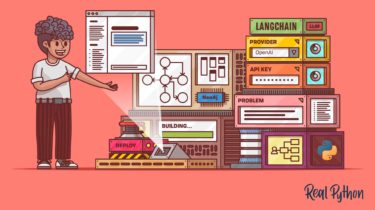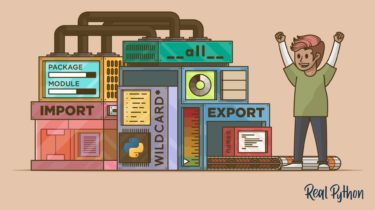Research Forum Episode 2: Transforming health care and the natural sciences, AI and society, and the evolution of foundational AI technologies
Research advances are driving real-world impact faster than ever. Recent developments in AI are reshaping the way people live, work, and think. In the latest episode of Microsoft Research Forum (opens in new tab), we explore how AI is transforming health care and the natural sciences, the intersection of AI and society, and the continuing evolution of foundational AI technologies. Below is a brief recap of the event, including select quotes from the presentations. Full replays of each session and […]
Read more

